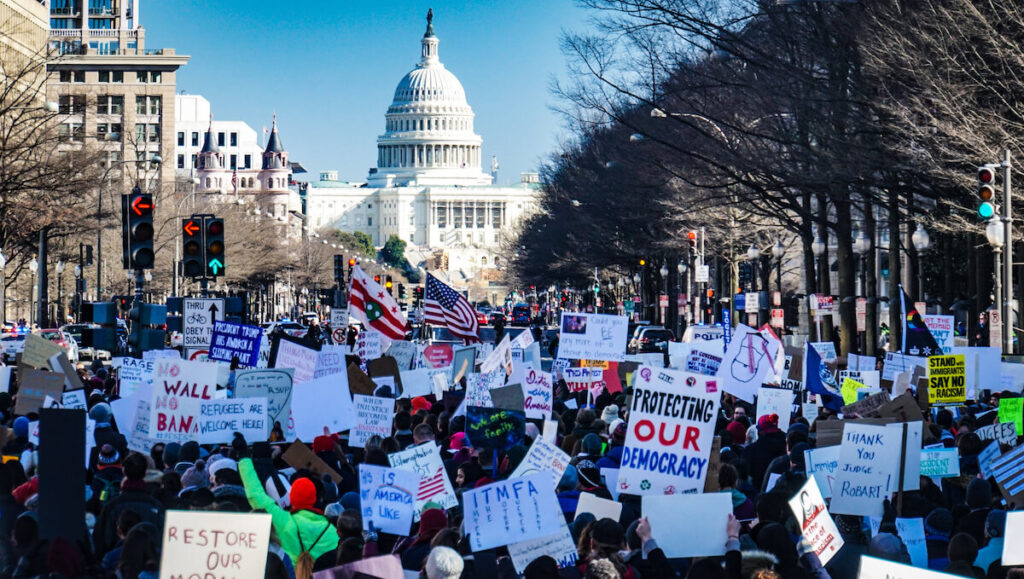
Christian Carlos. Peninsula 360 Press [P360P].
In Texas, the debate that could impose new barriers for voters has been reignited by proposed legislation promoted by the Republican Party in the southern U.S. state.
The power of democracy for U.S. citizens living in Texas could be eroded if, for example, 24-hour polling places are eliminated or if more requirements are eventually imposed for voting by mail. This is one of the most restrictive formulas in the history of modern U.S. democracy.
The new legislation, which has been stopped by the Democratic Party on several occasions, would add more filters for a person to identify themselves when going to a polling place, which could jeopardize the progress made in terms of equity towards minorities and, on the contrary, would promote a new wave of racism and disregard towards the most vulnerable sectors of the American population that, throughout its history, has fought for their rights, among them, the right to a free and democratic vote.
Ethnic Media Services, therefore, offered a briefing to highlight the problem facing American democracy and how different sectors of the population have reacted to the threat of the imposition of restrictive measures that would hinder the freedom of minorities to express their will.
Elizabeth Hira, a policy adviser for the Brennan Center's Democracy Program, noted that in North Dakota, voters were told that a "residential address" was required for their ID to be valid for voting, which prevents Native Americans from voting because the government is unable to provide them with an address.
"Ninety percent of women change their names when they get married or divorced," Hira said. This means that their documents do not reflect their current status and are therefore out of date. And she denounced that "378,000 transgender people do not have identification that correctly shows their gender. Hira points out that "their right to vote disappears" when the voter has no possibility of identifying themselves; for example, the fact that the identification cannot show the person's current status.
"There are many Americans who are being left behind and are urging changes that are implemented in a practical way. It's an unprecedented moment in American history."
Meanwhile, Alex Gulotta, Arizona State Director of All Voting is Local, said that the U.S. population, as well as the new generations, must be educated and mobilized "so that they know that voting is the final act of a civic engagement process. He noted that in the 2020 general election, voter turnout in Arizona increased 11 percent in the African-American sector, 17 percent in the Asian-American sector, 8 percent in the Native American sector and 5 percent in the Latino sector.
Gulotta said a call should be made to the business sector, community leaders and civil society of both parties, both Democrats and Republicans to "defend democracy, truth and justice, that all voices are heard and a democracy that represents all of us is created".
Mimi Marziani, president of the Texas Civil Rights Project, said the Senate bill "makes voting more difficult for many people in Texas, especially the most vulnerable populations: people of other ethnicities, people with disabilities, and people who speak English as a second language.
While the new bill brought with it a new division, it also brought positive aspects, Marziani said. More than 100 organizations, he says, have come together to advocate for voter rights. And he said the state of "Texas is a great example of why there needs to be a federal review" of voting rights. He noted that most people of African descent prefer to vote very early on Election Sunday, but the new legislation proposes to restrict those hours.
The voices of the experts agreed that the past U.S. general election is synonymous with the mood of the citizenry to get involved in the electoral process and political life in the U.S. "We have had the best election in a long time and, as long as we celebrate the growing citizen participation, we will continue to keep hope alive," concluded Alex Gulotta.


